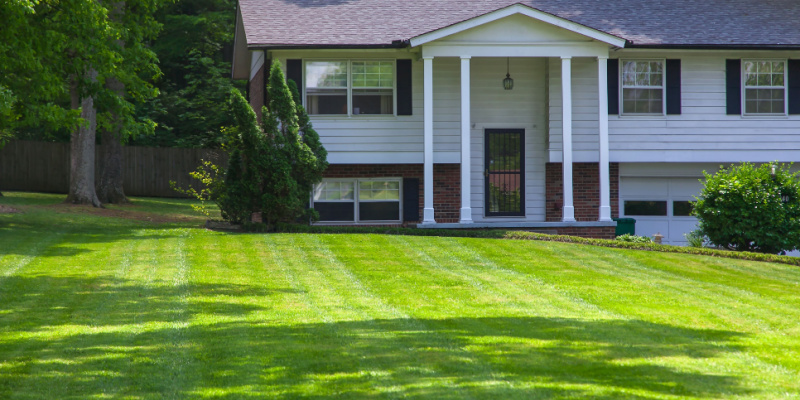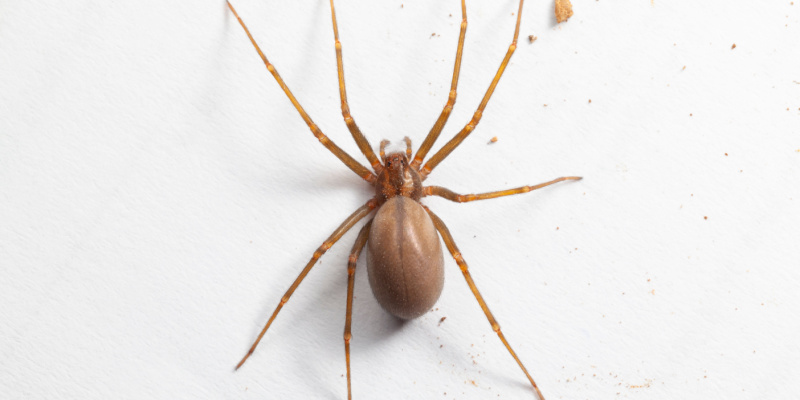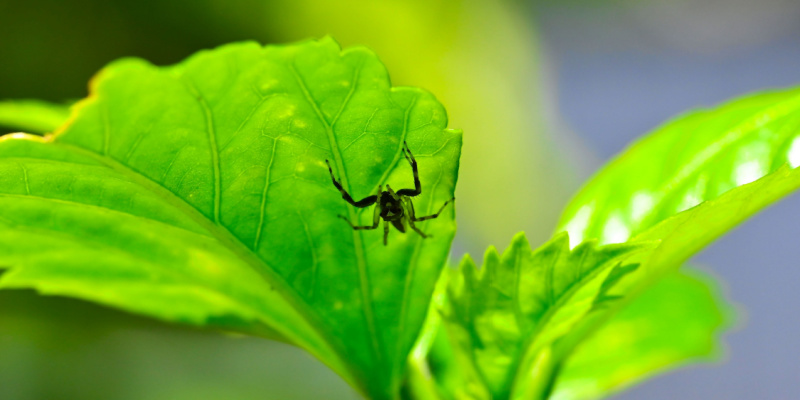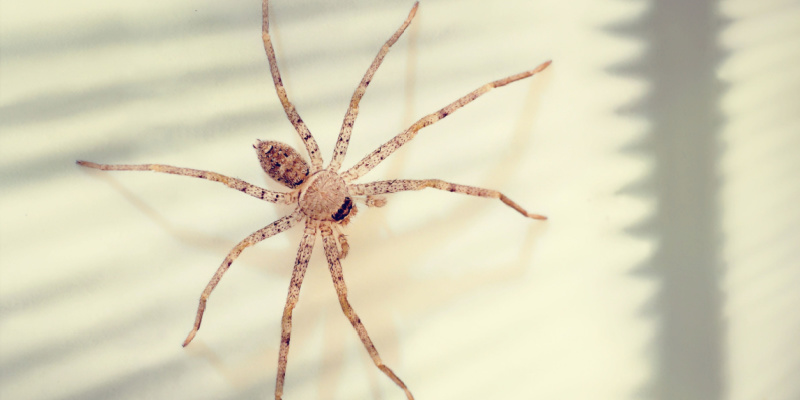Do you ever feel like you’re not alone in your own home? Are mysterious cobwebs appearing overnight, making you question if there’s a hidden spider invasion? If so, it’s time to face the eight-legged truth and find out if you have a spider infestation lurking in the corners of your living space. From harmless house spiders to venomous black widows, this article will guide you through the signs of a spider invasion, ensuring that you can sleep soundly without the fear of waking up with creepy crawlies on your pillow.
1. Frequent Sightings of Spiders
The most obvious sign of a spider infestation is an increase in the number of spiders you encounter in your home. While seeing the occasional spider is expected, a sudden influx of spiders, especially if they appear regularly in various rooms, could signify an infestation.
2. Spider Webs Everywhere
Spider webs are nature’s architecture, and spiders use them to catch prey and build their homes. If you notice an abundance of webs throughout your home, particularly in corners, windows, and ceilings, it’s a strong indicator of a spider infestation. Different species of spiders create distinct types of webs, so the appearance of the webs can vary.
- Orb Webs: These are the classic, round-shaped webs you often associate with garden spiders. They are usually found outdoors, but if you spot them indoors, it may suggest a large population.
- Cobwebs: Cobwebs are messy, irregular webs that accumulate over time. Common house spiders create these webs in dark, undisturbed areas.
- Funnel Webs: Funnel-weaving spiders construct sheet-like webs with a funnel retreat. These webs are typically found in cracks, corners, and crevices.
- Triangle Webs: Triangle-weaving spiders build three-dimensional webs shaped like triangles. If you see these indoors, it’s a sign of infestation.
3. Spider Egg Sacs
Spider egg sacs are small, silken structures where female spiders lay their eggs. These sacs contain numerous baby spiders, and the presence of egg sacs is a clear sign that spiders are breeding in your home. Egg sacs can be found in secluded areas, such as behind furniture, in dark corners, or even in your garden.
4. Shed Spider Skins
As spiders grow, they molt, shedding their old exoskeletons. If you come across empty spider skins around your home, it indicates that spiders are actively growing and reproducing indoors. These skins can be found in areas where spiders frequently roam.
5. Unusual Spider Species
Pay attention to the types of spiders you encounter. While some spiders are harmless, others, like the brown recluse or black widow, can pose health risks due to their venomous bites. If you notice these potentially dangerous species in your home, promptly addressing the infestation is imperative.
6. Concentrated Activity in Certain Areas
Spiders tend to establish their territories in specific locations. If you consistently find spiders in concentrated areas of your home, it may suggest an infestation in those particular spots. For example, if you notice a cluster of spiders in your basement or attic, it’s worth investigating further.
7. Nighttime Spider Activity
Some spider species are nocturnal and become more active at night. If you consistently spot spiders crawling around when the lights are off, it could indicate a larger population than you initially thought.
8. Unusual Behavior in Pets
Pets, particularly cats, are often sensitive to changes in their environment. If your pets start showing unusual behavior, such as pawing or swatting at areas where spiders are present, it could be a sign of a spider infestation.
What to Do If You Suspect a Spider Infestation
If you’ve identified one or more of the signs mentioned above and suspect a spider infestation in your home, it’s crucial to take action. Here’s what you can do:
1. Conduct a Thorough Inspection
Start by inspecting your home thoroughly. Check all rooms, corners, closets, and dark spaces for signs of spiders, webs, egg sacs, or shed skins.
2. Remove Existing Spiders
Carefully remove any spiders you encounter using a glass and paper or a vacuum cleaner with a nozzle attachment. Release them outside if possible.
3. Clean and Declutter
Spiders thrive in cluttered spaces. Clean and declutter your home to eliminate hiding spots and reduce their habitat.
4. Seal Entry Points
Identify and seal any cracks, gaps, or openings that spiders might use to enter your home.
5. Use Natural Repellents
Consider using natural spider repellents, such as essential oils (e.g., peppermint or eucalyptus), vinegar, or diatomaceous earth, in spider-prone areas.
6. Contact a Pest Control Professional
If the infestation persists or you have identified potentially dangerous spider species, it’s advisable to consult a pest control professional. They have the expertise and tools to address the issue effectively and safely.
Recognizing the signs of a spider infestation in your home is the first step in managing the problem. While most spiders are harmless, a large infestation can be a nuisance and may require intervention. By staying vigilant and taking appropriate action, like calling the professionals at All Pest Solutions, you can maintain a spider-free and comfortable living environment.









